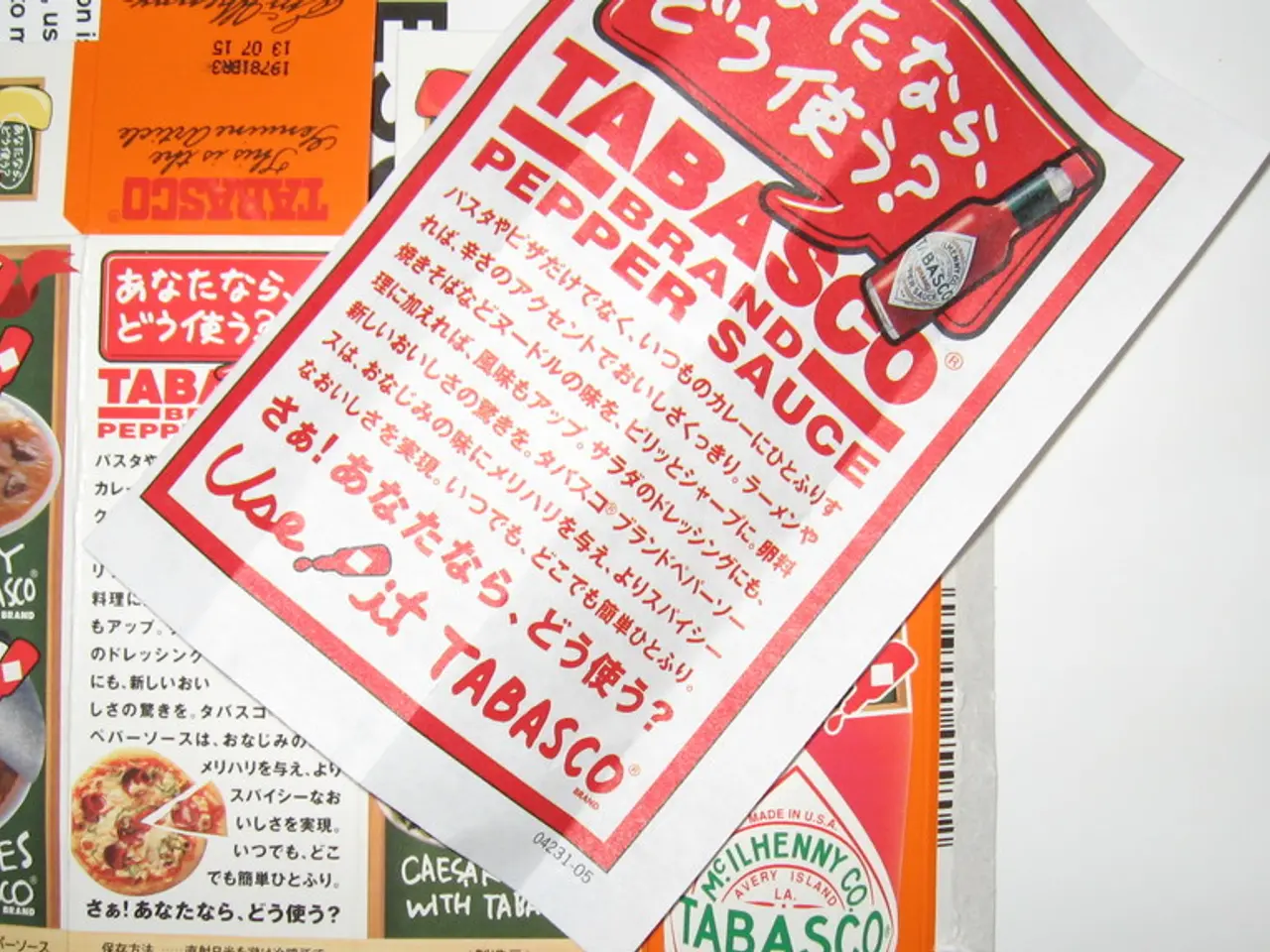Exposing Misconceptions about Heat - Strategies for Self-Preservation
Beating the Heat: Separating Fact from Fiction
As summer temperatures soar in Germany, it's crucial to stay cool and safe. Here, we debunk common myths and provide fact-checked tips for heat protection, focusing on cold showers, coffee consumption, avoiding midday sun, vulnerability to heat-related health issues, and spicy food.
Cold Showers
Contrary to popular belief, cold showers are not the best solution for combating heat. Instead, taking cool or lukewarm showers is recommended to help the body stay cool during extreme heat. Cool showers can refresh and lower core body temperature safely. However, very cold showers or sudden cold water immersion might cause shock or rapid changes, which is generally not advised during extreme heat.
Coffee Consumption
The notion that drinking coffee significantly dehydrates you, increasing heat-related risks, is a myth. Moderate caffeine intake, such as from coffee, does not cause dehydration as caffeine tolerance develops. During extreme heat, it is essential to prioritize hydration with water or electrolyte drinks and avoid excessive caffeine, sugary, or alcoholic beverages, as these can contribute to dehydration.
Avoiding Midday Sun
Avoiding strenuous activity or prolonged exposure to the sun during midday hours (typically 10 a.m. to 4 p.m.) is a well-established heat protection recommendation. The hottest part of the day causes greater risk of heat stress and related illnesses. Limiting outdoor work or exercise in these hours and shifting activity to mornings or evenings helps prevent heat-related health issues.
Vulnerability to Heat-Related Health Issues
Certain groups are particularly vulnerable to heat-related illnesses, including older adults, people with chronic illnesses, those on specific medications, outdoor workers, and athletes. Heat impairs the body's cooling ability, particularly at high humidity levels where sweat cannot evaporate effectively. Awareness, hydration, cooling strategies, and checking on vulnerable neighbors can reduce risk and save lives.
Spicy Food
Spicy foods containing capsaicin can induce sweating, which some believe helps cool the body by evaporative cooling. Although this effect might provide some cooling sensation initially, spicy food also increases metabolism slightly, which can raise internal heat production. There is no clear evidence that eating spicy food significantly improves or worsens heat tolerance; hydration and external cooling are more critical.
Key Practical Tips
- Drink water frequently (every 20 minutes) and avoid alcohol, sugary, and excessive caffeine drinks.
- Take cool (not ice-cold) showers or baths to lower body temperature safely.
- Limit outdoor activities to early morning or evening; avoid peak sun hours.
- Use shade, fans, air conditioning, or public cooling centers when possible.
- Watch for signs of heat illness and check on vulnerable populations regularly.
- Spicy food has no clear protective or harmful effect related to heat; hydration and cooling are more important.
These guidance points reflect current expert consensus and health organization recommendations for coping with extreme heat safely. Stay cool, stay hydrated, and stay informed!
- A counsellor might provide advice on health and wellness strategies, such as staying cool during peak sun hours and prioritizing hydration, as part of the conversation on coping with extreme heat and its related myths.
- For those interested in fitness and exercise during the summer, it's important to be aware of the science behind heat-related health issues and adjust activities accordingly, like avoiding the midday sun and ensuring proper hydration, as heat can impact the body's cooling ability and lead to potential health risks.




